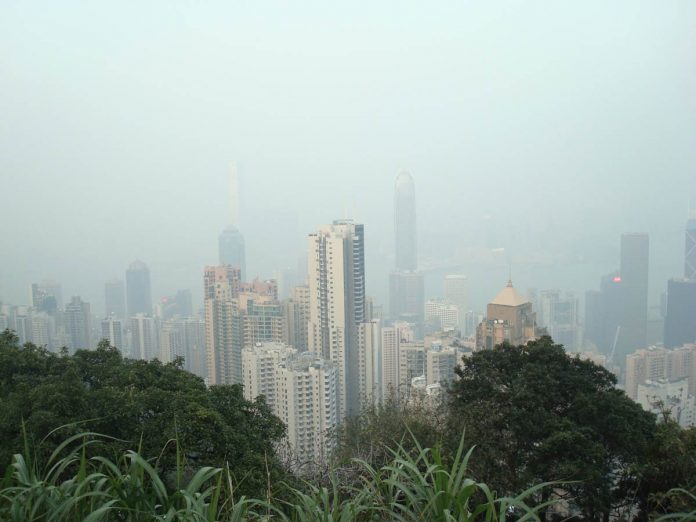Scientists have published a research paper in The Lancet Planetary Health and highlighted the scale of potentially life-threatening air pollution in urban areas.
The research team has said that approximately 86% of people living in urban areas in the world are exposed to unhealthy particulate matter levels. This had led to 1.8 million deaths in cities globally in 2019. With these 2 million asthma cases among children was caused by NO2 pollution in 2019.
Scientists have said that this study underscores the urgency of improving urban air quality and reducing reliance of fossil fuels in cities. This research showed that decarbonizing cities can improve our health. This will also reduce the risks of climate breakdown.
Improving air quality will lead us to achieve both global health and climate goals. The policies that we need to take will vary from city to city. But the common theme is we need to radically cut down on the combustion of fossil fuels. Scientists said this will include stopping burning petrol and diesel to power our cars. We need to stop heating our homes with fossil fuels.
The new study has examined trends over time and provide regional comparisons. The study has also highlighted the mixed picture globally. They have also found out in some cities air quality is improving gradually. But in some cities, it is deteriorating. This is leading the city to a growing burden of air pollution-related disease. This is happening especially in low- and middle-income countries.
Scientists have also said that there are several limitations that point towards the need for more data. The data will help to estimate the true scale of health burdens in cities globally. Scientists also think that the studies are under-estimating the harms associated with air pollution.

